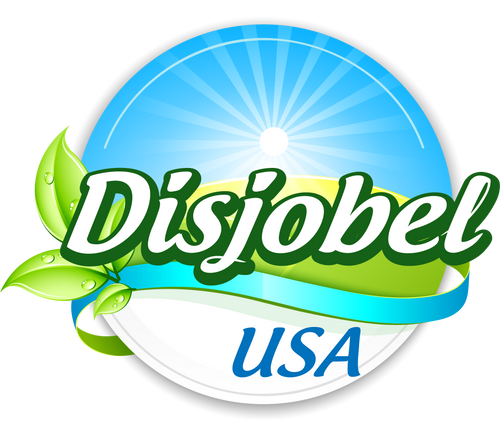Food safety refers to the availability and accessibility of safe and nutritious food that can meet the nutritional requirements of individuals. Thus, it is the assurance that food is free from risk and safe for human consumption. In the bakery industry, this implies comprehensive management to ensure the quality of baked goods from production to sale (FAO, s.f.; Food School, 2023).
Here are the key points to consider when developing a self-monitoring system to ensure safety in bakeries.
Self-monitoring System for Food Safety in Bakeries
The implementation of a self-monitoring system is essential in bakeries. In this regard, this system is based on Hazard Analysis and Critical Control Points (HACCP). It is a set of preventive procedures designed to identify, evaluate, and control risks in food manufacturing (Escuela Alimentaria, 2023).
They are also preventive measures to ensure food safety and food innocuousness. They will serve to control potential risks in food products in bakeries. The following, are the key ones that must be complied with (Food School, 2023; OMS, 2021; Garcia et al., n.d.):
1. Quality standards to ensure product safety
Quality standards are set throughout the entire process: from raw materials to the delivery of the final product. They range from the careful selection of fresh, quality ingredients to the standardization of production processes. For this purpose, strict protocols are established and followed to guarantee the quality and safety of the products by the regulations.
2. Cold chain and storage for food safety
Maintaining the cold chain is essential in the bakery industry. Therefore, proper refrigeration and temperature control are crucial to prevent bacterial growth. This ensures the freshness of the products. In addition, proper storage prolongs the shelf life of the food.
3. Hygiene and operating procedures
On the other hand, hygiene is a fundamental pillar in any bakery. Cleaning protocols must be thorough and rigorous to prevent cross-contamination and bacterial growth. Therefore, workers must be trained in personal hygiene practices and safe food handling. They must also be familiar with equipment cleaning procedures to maintain a sanitary work environment.

Risks of non-compliance with food safety
Failure to comply with a self-monitoring system can lead to significant risks to the quality of bakery products. These include food contamination, the presence of allergens, the use of unsuitable ingredients, or improper handling. Moreover, these risks can lead to food poisoning, damaging the reputation of the business and even generating legal consequences (Escuela Alimentaria, 2023).
In the bakery industry, safety is a fundamental pillar for maintaining quality. That is why, in food science, the implementation of self-monitoring systems that establish quality standards and proper procedures is essential to protect the health of consumers and ensure the continued success of the business. With Disjobel, bakeries can strengthen their commitment to product safety and excellence!
Bibliographical references
Escuela Alimentaria. (2023, 9 de agosto). Requisitos de seguridad alimentaria en la industria panadera. https://escuelaalimentaria.com/seguridad-alimentaria-en-industria-panaderia/
FAO. (S.f.). Conceptos básicos. https://www.fao.org/in-action/pesa-centroamerica/temas/conceptos-basicos/es/
García Quirce, A., García Benítez, A., Garciñuno, A., Rubio, E., De la Gala, E. y Fernández, R. (s.f.). Seguridad e higiene en panadería y pastelería. Junta de Castilla y León. Consejería de Economía y Empleo. https://bibliotecadigital.jcyl.es/i18n/catalogo_imagenes/imagen_id.cmd?idImagen=101667742
OMS. (2021, 10 de diciembre). Estrategia Mundial de la OMS para la Inocuidad de los alimentos. https://apps.who.int/gb/ebwha/pdf_files/EB150/B150_25-sp.pdf




















